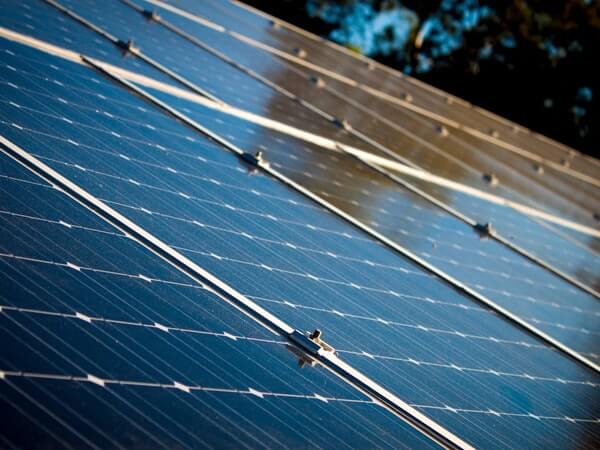
We all hate bills, and our power bill is no exception. You hear about things like solar panels and other alternative sources of energy, however, where do you start? How do you even begin to figure out solar panels let alone installing them in your own home? Using solar panels on your home will cut your energy bills and lighten its carbon footprint. As an investment, it will add value and attract buyers looking for a home that offers low energy bills. These tips will help get you started so you can start reaping the benefits of alternative energy.
Buy or Lease
When first deciding on whether to get panels for your home or not, you’ll have to decide whether you want to buy your solar system outright or lease it. Each has advantages, and which works best for you depends on your finances and preferences. One of the biggest advantages buying it offers is the federal tax credit program that encourages people to install solar systems.
A federal tax credit is available that lets you claim 30 percent of the cost of the system and its installation. There is no cap on the cost of the installation or system and the amount of the credit drops from 30 percent in 2019 to 26 percent for systems installed in 2020 and 22 percent through 2021.
DIY or Professional Installation
If you choose to buy your solar system, you’ll have to decide whether you install it yourself or have a solar contractor do all the work. Unless you’re familiar with roof construction, solar panels, and wiring, you’re probably better off letting a solar contractor do the work for you. Industry experts report that the installation cost is about 10 percent of the total system cost. Compared to other home improvement contractor fees, solar contractors are quite reasonable, especially when you consider that the solar array should last 20 to 30 years.
A solar contractor is far more likely to provide higher quality solar panels than those available from retailers who sell them uninstalled. Solar pros buy from manufacturers who sell panels to licensed contractors only at better prices than major retailers offer to their customers. So, you should know about the few things prior to hiring a solar panel installer.
Storage or Net Metering
Check with your local utility about their net metering rates and policies. Sometimes it makes more financial sense to use net metering rather than banking the excess electricity you produce in deep-cycle batteries. Your contractor is also a good source for this information.
Roof Condition
The roof needs to be in good condition, even though it will be covered by the panels. A solar installer can tell you whether it needs work before you put the panels down. He or she will look at the condition of the roofing materials, its underlayment and the deck. The roof design also affects the installation. If there are protrusions like vent stacks, flues, chimneys, or dormers, the installers will need to adapt the design of the solar array.
Bottom Line
A solar installation can be tailored to your home’s roof and your financial needs. Your best source of information is a local, trusted and licensed solar contractor. By reaching out to a solar contractor you can get stats and information specific to your location. This will give you more information to decide if solar panels are the right fit for your home, your family, and your lifestyle.

